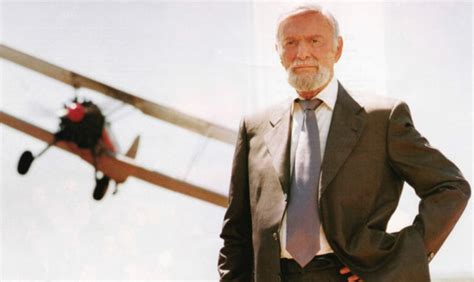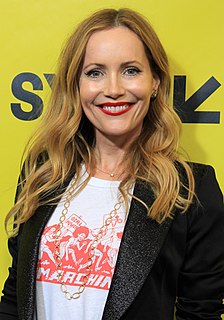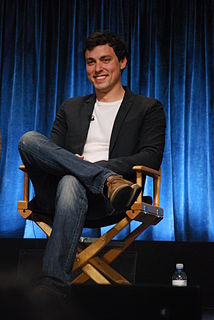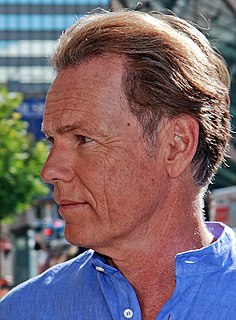A Quote by Ernest Lehman
Pictures are written, acted, directed, photographed, edited, scored and all that. The screenwriter determines what scenes are in and what scenes are out; decides whether that bit of information is dramatized or just referred to; whether it takes place on or off screen. There are millions of decisions made by the screenwriter.
Related Quotes
Acting is many things. Acting is playing lines, of course, but it's much more profound than that. Acting is truth-telling and trying to find the truth in a human situation, which will be sketched out by a screenwriter with all the skill that a screenwriter can do; but in the end, that's just the map of the journey.
We improv-ed scenes that didn't happen in the movie. We improv-ed the scenes that are written in the movie without the dialogue as written. We played around a lot to try and figure out just how we could flow with what was already written in the story and how we could highlight those imbalances and those points at which we came to loggerheads.
Some people manage their writing by saying, 'I need to get 2,000 words written today,' others by saying, 'I will write for X hours.' Not me. I start with a plan for the book, break it down into scenes, and I know what scenes need to get written each day. If the scene takes more words than I thought, so be it.






































